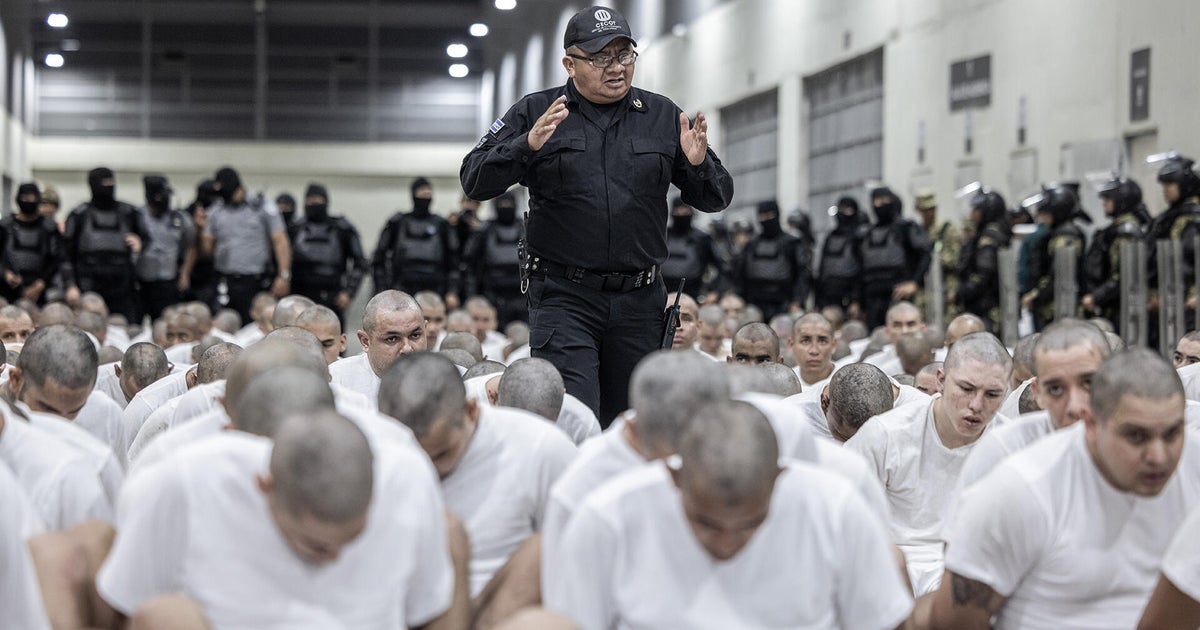Key takeaways:
- Federal judges in New York and Texas have temporarily blocked the deportation of Venezuelan nationals under the Trump administration’s use of the Alien Enemies Act, challenging efforts to expedite their removal.
- In New York, U.S. District Judge Alvin Hellerstein granted temporary relief to two Venezuelan men, highlighting judicial scrutiny over the administration’s immigration policies.
- The White House faces controversy over comments about transferring U.S. citizens convicted of crimes to El Salvador, raising concerns about the treatment and rights of U.S. citizens and reflecting broader tensions in immigration and international relations.
Federal judges in New York and Texas have issued rulings that temporarily block the deportation of Venezuelan nationals under the Trump administration’s use of the Alien Enemies Act. These legal decisions come in the wake of the Supreme Court’s recent clearance for the deportations of individuals alleged to be members of the Tren de Aragua gang. The rulings represent a significant legal challenge to the administration’s efforts to expedite the removal of these individuals from the United States.
In New York, U.S. District Judge Alvin Hellerstein granted temporary relief to two Venezuelan men detained in Orange County. The attorneys representing these individuals successfully argued against their deportation and any movement outside the state or the country. This legal intervention highlights ongoing judicial scrutiny over the administration’s immigration policies and their implementation.
Meanwhile, the White House has faced additional controversy following comments made by the press secretary regarding the potential transfer of U.S. citizens convicted of crimes to El Salvador. This suggestion, reportedly considered by President Trump both publicly and privately, has raised concerns about the treatment and rights of U.S. citizens. The president’s favorable response to El Salvador’s offer to house U.S. prisoners has further fueled the debate over the administration’s approach to criminal justice and international cooperation.
These developments underscore the complex legal and ethical issues surrounding immigration and deportation policies in the United States. As the administration continues to navigate these challenges, the role of the judiciary remains pivotal in determining the balance between national security and individual rights. The ongoing legal battles reflect broader tensions within the U.S. political landscape regarding immigration and international relations.



Be First to Comment